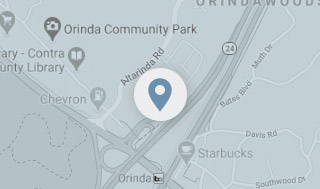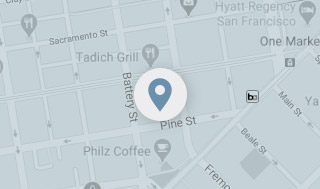Imagine that you recently received notice that you are a trust beneficiary but the trustee refuses to provide you with a copy of the trust. Or perhaps you are a trustee, making good faith efforts to administer a trust, but one beneficiary keeps making unreasonable demands resulting in wasting trust assets, to the detriment of the other beneficiaries.
Where can you turn to resolve a dispute concerning the terms and administration of a trust? Fortunately, the California Probate Code provides solutions and an experienced estate and trust lawyer like Leighton Burrey, the principal attorney at Business Estate and Tax Attorneys in Orinda CA., can help you.
Set forth below is a list of common trust dispute issues (I) and also a list of sections from the California probate code that can be used by a knowledgeable trust attorney to provide resolutions (R) for those problems.
- I: The trustee has failed to provide necessary information to the beneficiaries about administration of the trust, including offering a copy of the trust.
R: Section 17200(b)(7) requires that the trustee provide beneficiaries information about the trust, including a copy of the trust instrument; - I: One of the trust beneficiaries is constantly acting in bad faith by demanding information from the trustee on matters that are either irrelevant to the administration of the trust or that have been previously addressed by the trustee.
R: Section 17200(b)(6) allows the court to provide instructions to the trustee on how to handle the situation and the court could enter an order surcharging the beneficial interest of the unreasonable beneficiary for the costs incurred by the trust to respond to the repetitive bad faith demands for information. - I: The beneficiaries feel that the trustee’s expenses and fees for the trust administration are excessive.
R: Section 17200(b)(9) allows the court to set reasonable compensation for trustees including reviewing the compensation requested. - I: Beneficiaries feel that the trustee has breached the duties owed to the trust and the beneficiaries and they want him removed.
R: Section 17200(b)(10) allows the court to remove a trustee and to appoint a new trustee to handle the administration of the trust. - I: The beneficiaries can’t understand why trust assets appear to be falling in value and they need more information from the trustee on how those assets are being administered.
R: Section 17200(b)(5) allows the court to order an accounting from the trustee, to be approved by the probate judge, that provides the necessary information on how the trust assets are being handled. - I: The beneficiaries want to file legal action against the trustee for breach of her duties and they also feel that the trust needs to be reimbursed for the trustee’s poor performance.
R: Section 17200(b)(12) enables the court to order the trustee to pay damages personally for any injury to the trust, including losses in value of the assets held for the beneficiaries. - I: A relative of the trust grantor believes that he should be considered a beneficiary under a section of the trust that it hard to interpret and understand.
R: Section 17200(b)(2) and (3) allow the court to rule on the validity of a trust provision, including determining who is entitled to trust assets as a beneficiary.
If you have questions about trust administration issues or you feel the need to dispute how a trust is being administered, the Probate Code and the experienced estate and trust attorneys at Business, Estate and Tax Attorneys P.C. can help you. Call us for a consultation or contact us online today.
Disclaimer: The information in this article is for general purposes only, and it is not intended as a substitute for legal advice.


